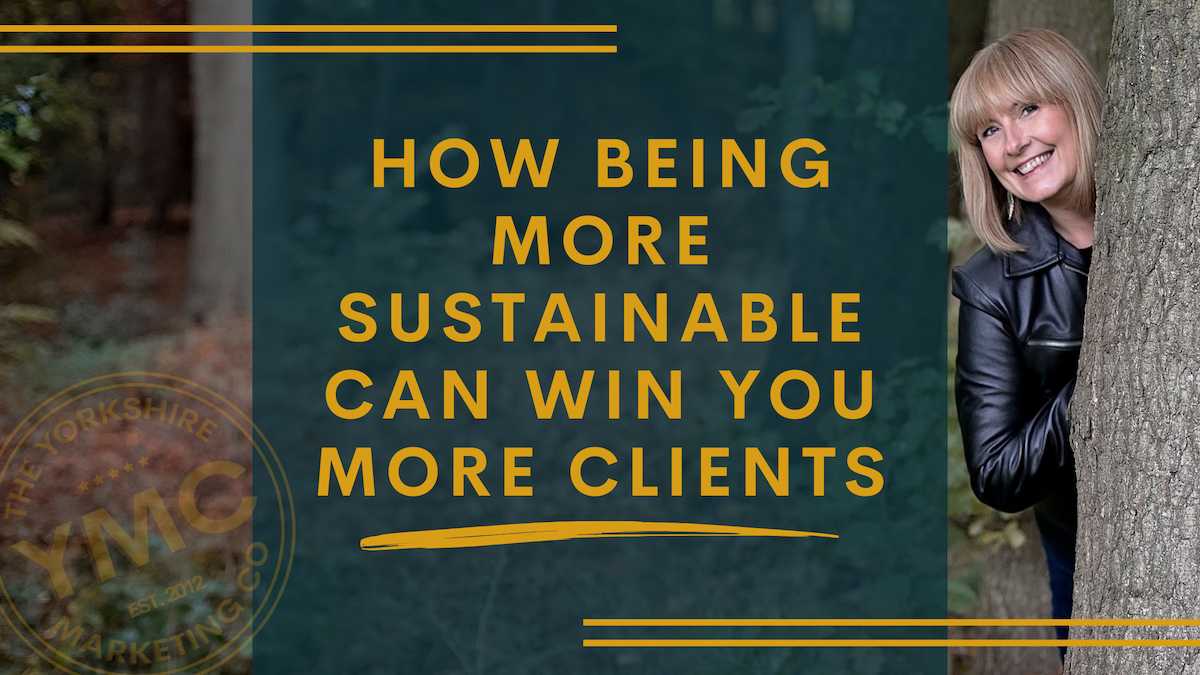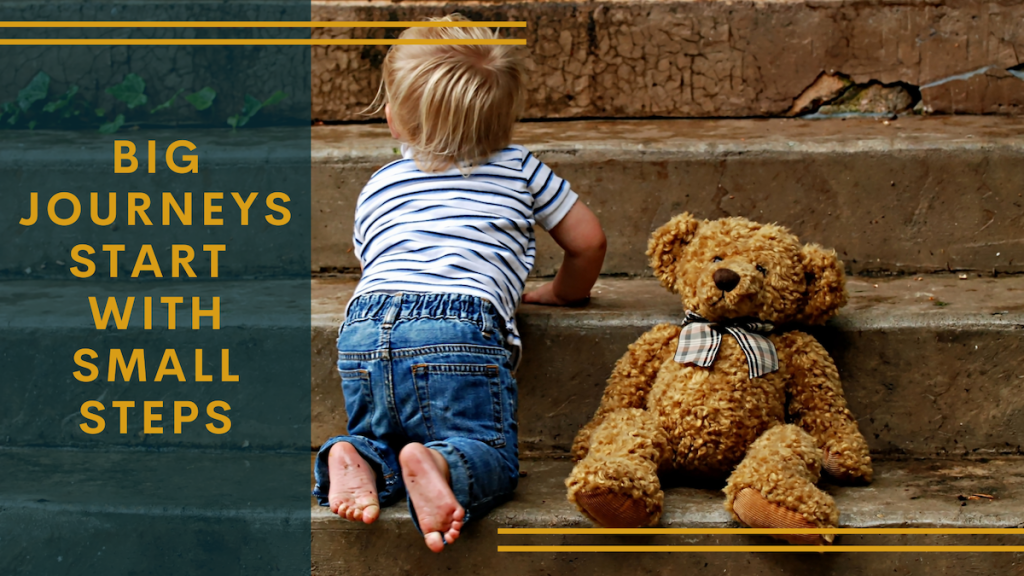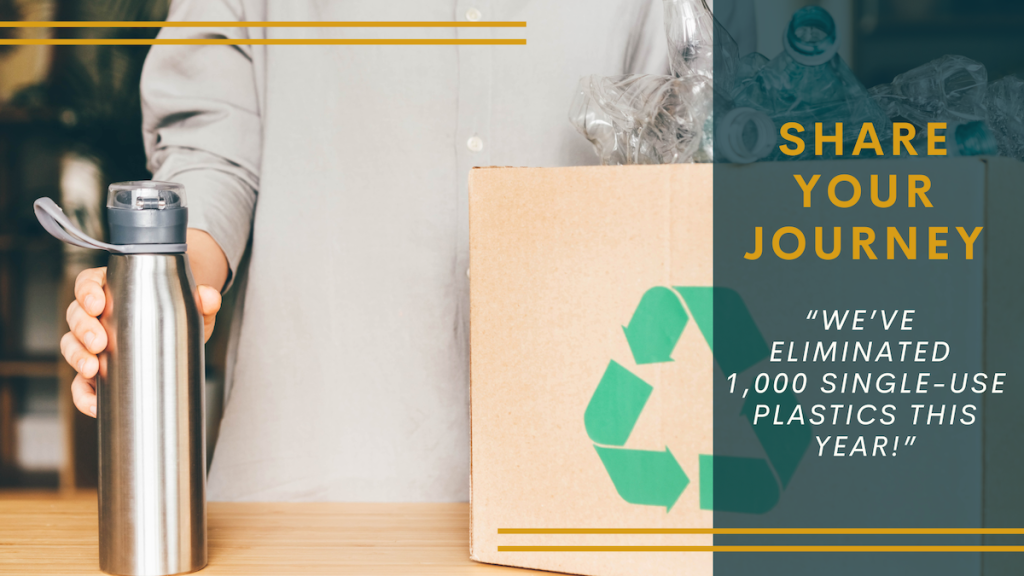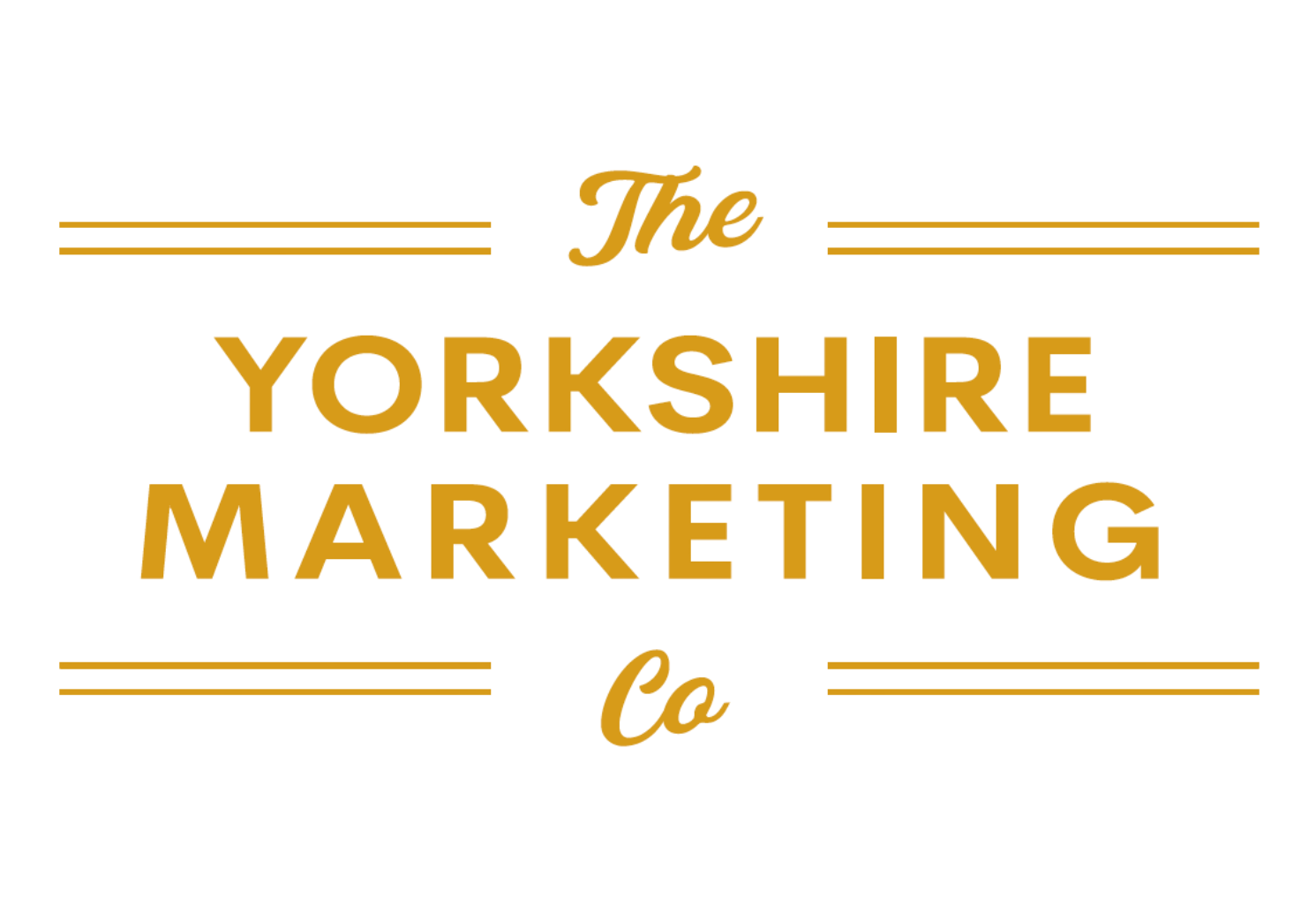
5 Ways You Can Get Started….TODAY!
For small businesses, adopting sustainable practices can reduce costs, build trust, and differentiate your brand in a competitive market, resulting in more clients!
Think about it like this for a second; “Sustainability isn’t just a responsibility—it’s a powerful marketing advantage.” Today’s consumers are drawn to businesses who reflect their values, and environmental responsibility is ranking higher than ever right now!
But it doesn’t have to make it complicated or overwhelming!
After recently attending the BT Sustainability in Small Business Programme with Small Business Britain, I’ve learned that being a sustainable business isn’t about perfection — it’s about making better choices and taking small meaningful steps. Because if we all do our bit, together we will make a BIG difference.

So I thought I would share my 5 ways you can get started…TODAY. These tips will help you to:
- reduce your environmental footprint
- strengthen your marketing message and
- win over more eco-conscious clients.
1. Measure Your Impact and Be Transparent
Before you can make meaningful changes, it’s essential to understand where you are now. Measuring your energy use, waste production, and transportation habits can help you pinpoint areas for improvement. While it may seem challenging at first, starting small and focusing on a few key areas can make this process manageable and rewarding.
Consumers value businesses who are honest about their journey and willing to take action, even if the steps are small.
How to start analysing your energy use:
- Review utility bills: Look at your energy bills over the past year to identify trends in consumption. Are there certain months or activities that drive higher usage?
- Check your equipment: Audit the devices and machinery you use daily. Are there any that could be upgraded to energy-efficient alternatives? Eg. LED lighting and energy-efficient office equipment often consume significantly less electricity.
- Inspect your workspace: Look for simple inefficiencies; such as lights left on in unused areas, poorly insulated windows, or heating/cooling systems running unnecessarily.
- Engage your team: Involve employees in tracking energy habits — encourage them to switch off devices, unplug chargers, and minimise unnecessary power usage. Make it a team effort so everyone feels involved.
- Set small goals: Once you’ve identified a few areas for improvement, set achievable targets, such as reducing energy usage by 10%, switching to energy-efficient equipment, or cutting single-use plastics by a specific amount.
Why it works:
Transparency builds trust. By sharing your progress and challenges, you show customers that you’re committed to meaningful change. Even small improvements can resonate with clients who value sustainability, positioning your business as responsible and forward-thinking.
Marketing tip:
Turn your sustainability journey into a story. For instance:
- Publish a “Sustainability Promise” that outlines your goals and timeline.
- Share progress updates on your website or social media with a series like “Our Journey to Sustainability.”
- Use visuals like infographics or photos of your initiatives (eg. swapping out equipment, reducing waste) to make your story relatable and inspiring.

2. Reduce Waste and Partner with Sustainable Providers
Waste is one of the easiest areas for small businesses to address and clients love seeing tangible action. Reducing operational waste not only helps the environment but also reduces costs and strengthens your brand message.
Quick wins for waste reduction:
- Partner with a sustainable waste management provider that prioritises recycling and eco-friendly disposal.
- Replace single-use plastics with reusable or compostable alternatives, such as reusable coffee cups or biodegradable packaging materials.
- Consolidate orders and deliveries to reduce packaging and transport-related waste.
Why it works:
Clients are increasingly aware of the environmental impact of waste. Simple changes in your operations demonstrate responsibility and resonate with customers.
Marketing tip:
Use your waste-reduction initiatives to create impactful marketing campaigns. For example, share milestones such as “We’ve eliminated 1,000 single-use plastics this year!” on social media to engage eco-conscious clients.
3. Switch to Sustainable Packaging
Packaging is a highly visible area where small changes can make a big impact. Sustainable packaging demonstrates your commitment to environmental care from the very first interaction with your customers.
What to do:
- Use recyclable, compostable, or reusable packaging materials.
- Right-size your packaging to avoid excess material and reduce shipping emissions.
- Clearly label your packaging with instructions on how to recycle or reuse it.
Why it works:
Packaging is a branding opportunity. Customers notice and appreciate businesses that take the extra step to make their products environmentally friendly.
Marketing tip:
Highlight your eco-friendly packaging on your website and product descriptions. Use phrases like “packaged with the planet in mind” to create a feel-good connection with your customers.
4. Work with Local Suppliers to Reduce Emissions
Sourcing products and materials locally isn’t just good for the planet—it’s good for your community and your business. By reducing transportation emissions, you’re contributing to sustainability while building stronger ties with your business neighbours and local suppliers.
How to implement this:
- Audit your supply chain to find opportunities to replace distant suppliers with local options.
- Partner with local businesses that share your sustainability values.
- Plan bulk purchases to minimise deliveries and packaging waste.
Why it works:
Supporting local suppliers reduces your carbon footprint, strengthens your community and positions your business as a socially responsible brand.
Marketing tip:
Celebrate your local partnerships by featuring them in your marketing. Share stories about the businesses you’re working with and highlight the impact of sourcing locally on your website and social media.

5. Embrace Remote or Flexible Working Policies
Flexible work policies are not only good for your team—they’re also good for the planet. By allowing employees to work remotely, even part-time, you reduce commuting emissions and office energy use.
What to do:
- Offer hybrid or fully remote work options.
- Use digital tools like Zoom or Slack to maintain communication and collaboration.
- Downsize your office space if fewer employees are on-site, reducing your overall energy consumption.
Why it works:
Remote work shows clients that your business is forward-thinking, innovative, and environmentally conscious. It can open you up to employing more experienced employees who are possibly more remote or need more flexible options like working mums. It also fosters a positive team culture, which can translate into better service for your customers.
Marketing tip:
Highlight the environmental impact of your flexible working policies in your marketing materials. For example, “By reducing commuting, we’ve cut CO2 emissions by X% this year!” This positions your business as modern, progressive, and aligned with sustainability goals.
Tools to Support Your Journey
Measuring your environmental impact doesn’t have to be overwhelming — here are a couple of fantastic resources to for starters:
- The Small99 Measure Tool can help you assess your carbon footprint, identify focus areas, and track your progress over time.
- Need some more ideas on how you can get started, check out this helpful Sustainable Action Plan Ideas Tool to get your juices flowing.
Final Thoughts: Progress Over Perfection
Sustainability is a journey, not a destination.
REMEMBER: By taking small, meaningful steps to reduce your environmental impact, you’ll not only help the planet but also position your business as a leader in the eyes of your customers.
EVERY ACTION COUNTS — and the changes you make today can inspire others to follow suit.
Start small, think big, and let your sustainability journey be part of your brand’s story. Your customers — and the planet — will thank you.
Let’s Share Ideas
Let’s start a local “Small But Mighty” movement!
Have I inspired you to take action? Or maybe you’ve already started your Sustainability Journey – whatever point you’re at, get in touch and let’s share ideas and good practice so we can get to where we need to be…together and faster!
Rachelle x
Founder of The Yorkshire Marketing Company
Award Winning Marketing Strategist and Accredited Marketing Mentor
Follow me for more marketing tips:
Facebook | Instagram | LinkedIn

No Comments